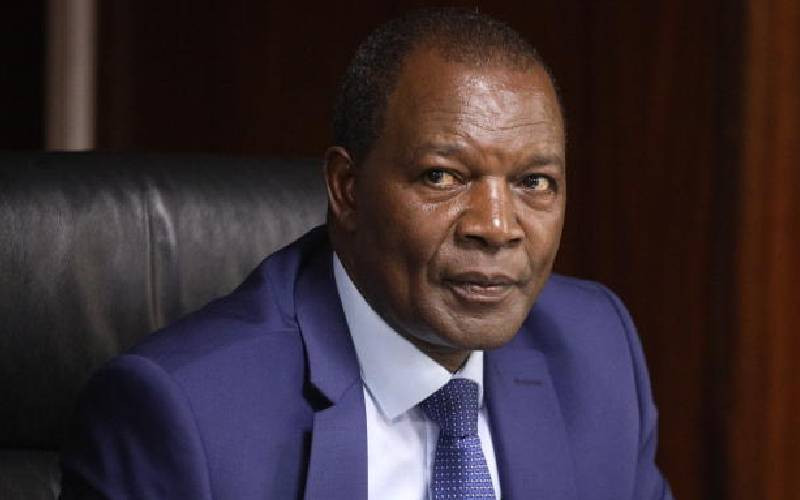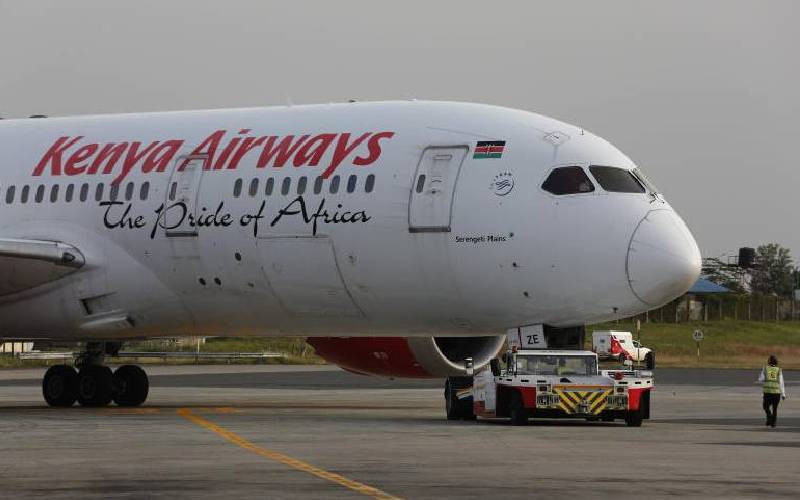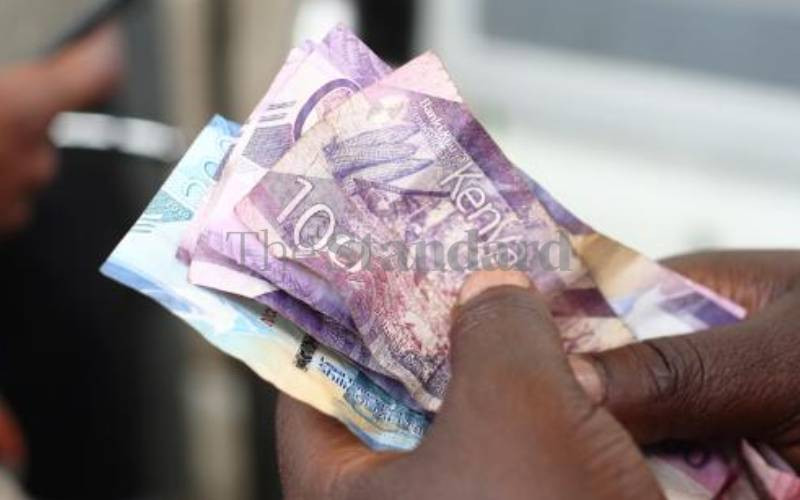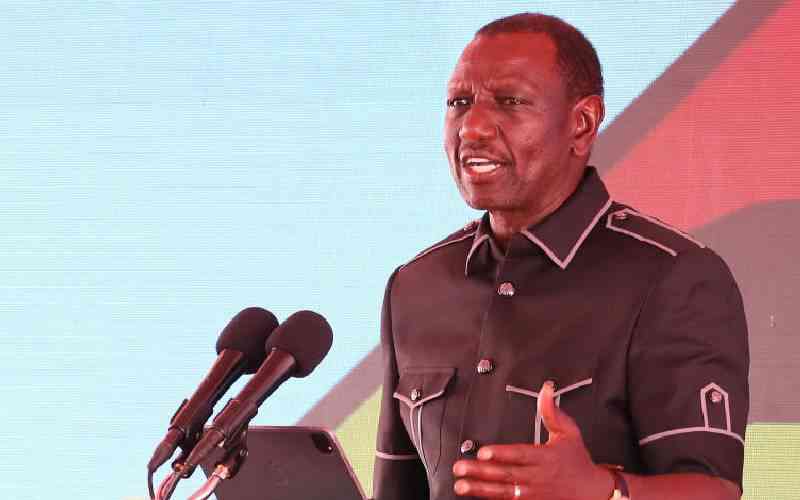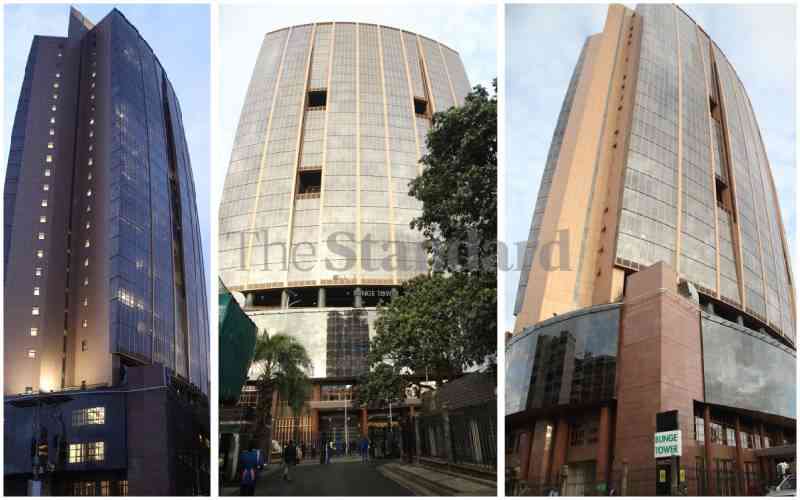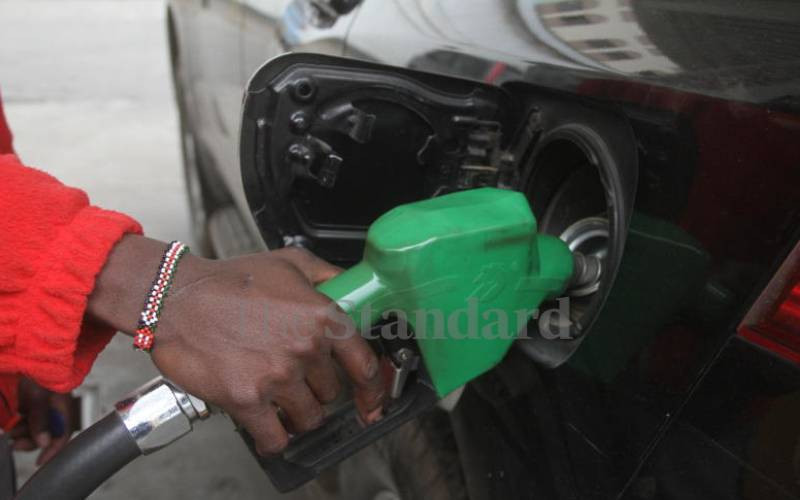
The retail cost of fuel has dropped for the fifth consecutive month owing to the continued strengthening of the shilling against the US dollar, giving Kenyans some relief and hopes of further bringing down the cost of living.
In the latest review by the Energy and Petroleum Regulatory Authority (Epra), the cost of diesel reduced by a big margin of Sh10, and will for the next one month retail at Sh180.38 a litre in Nairobi.
The pump price of super petrol will come down to Sh193.84, a decline of Sh5.31. The cost of kerosene fell by the biggest margin of Sh18, to bring the pump price to Sh170.06 per litre in Nairobi.
“In the period under review, the maximum allowed petroleum pump price for super petrol, diesel and kerosene decreases by Sh5.31 per litre, Sh10.00 per litre and Sh18.68 per litre respectively,” said Epra when it announced maximum retail prices for the pricing cycle to May 14, yesterday, in Nairobi.
The lower fuel costs are expected to further bring down the cost of living. The rate of inflation has steadily been on the decline this year, dropping from a high of 9.2 per cent in February 2023 to 5.7 per cent in March this year, largely on account of the recent rains that have resulted in lower cost of food.
Fuel prices have been on the decline since December last year on account of the low prices of petroleum in international markets.
Since February this year, the shilling, the other major factor in determining local pump prices, has also strengthened to Sh130 to the dollar current from the highs of Sh160 seen at the start of the year.
- State set to publish new health insurance charges
- Taking care of you: Mental well-being in a constantly changing world
- Key economic events to shape Kenya in 2024
- Where are we on affordable food for Kenya's citizens?
Keep Reading
President William Ruto, speaking at a church service in Nyeri yesterday, said the high prices that had been witnessed in the country had been caused by the weak local currency.
Right decisions
He noted that he expected the shilling to strengthen further.
“The dollar was Sh160, now it’s a hundred and twenty-something and still not done. Fuel prices as you have seen have dropped with Sh10 today,” said Dr Ruto, adding that this has been due to his administration making the right decisions that have not necessarily been popular.
While prices for super petrol have come down to under Sh200 a litre across most towns in the country, it is still over Sh200 a litre for some far-flung towns such as Marsabit where a litre will retail at Sh202, Liboi (Sh201.29), Moyale (203.97) Elwak (Sh205.34), Wajir (Sh203.78), Mandera (Sh207.84) and Lokichogio (Sh201.14). Since November, the cost of super petrol has reduced by Sh23.50, coming down from the record high retail cost of Sh217.36 per litre in Nairobi.
Diesel has on the other hand reduced by Sh23 since October when it retailed at a high of Sh205.47.
Despite the huge drop, the prices are nowhere near the levels seen a year ago when diesel retailed at Sh167 while petrol was at Sh179 in the capital. This is partly due to changes in the tax regime, with the Finance Act 2023 doubling Value Added Tax (VAT) to 16 per cent up from 8 per cent.
The declining cost of fuel is expected to reverse the drop in consumption of petroleum products and lift the economy.
Biggest drop
High costs have seen industries and motorists reduce consumption, according to recent data by the Petroleum Institute of East Africa (PIEA). According to the Institute, there was a 3.7 per cent drop in the consumption of diesel in 2023 and a four per cent decline in the consumption of super petrol.
Kerosene registered the biggest drop, with consumption going down by 44 per cent.
The lobby noted that this was “as high pump prices choked demand for petrol, diesel and kerosene”.
Diesel is critical for several sectors including transport, agriculture and manufacturing that heavily rely on the fuel to power their operations.
The drop in its usage, analysts noted, should alarm the government as it might mean these sectors are reducing consumption and possibly scaling down on operations as they grapple with the high cost of fuel.
Private motorists, who are mostly the consumers of super petrol have also had to change their means of commuting, some opting to carpool as others use public transport.
 The Standard Group Plc is a multi-media organization with investments in media platforms spanning newspaper print
operations, television, radio broadcasting, digital and online services. The Standard Group is recognized as a
leading multi-media house in Kenya with a key influence in matters of national and international interest.
The Standard Group Plc is a multi-media organization with investments in media platforms spanning newspaper print
operations, television, radio broadcasting, digital and online services. The Standard Group is recognized as a
leading multi-media house in Kenya with a key influence in matters of national and international interest.

